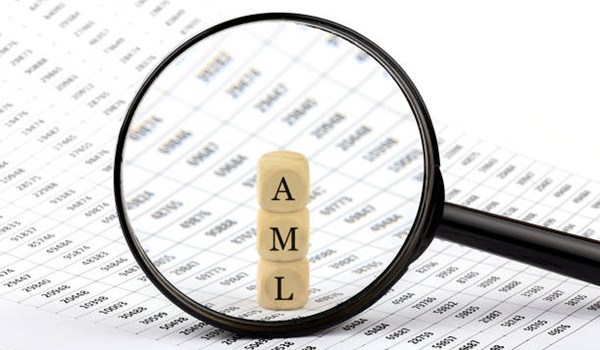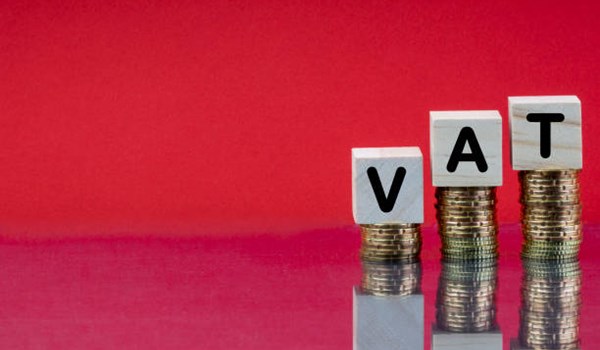The Netherlands has proposed new taxation laws that require exchanges and other VASPs to share their users’ data with tax authorities to stamp out tax evasion.
Elsewhere, Norway, one of the world’s most cashless countries, is not in a rush to launch a central bank digital currency (CBDC) despite continued advancements by its peers. If it decides to venture into CBDC development, the European nation will most likely focus on a wholesale solution, the country’s central bank says.
Dutch government’s new tax bill for digital currencies
The Dutch government has proposed a new bill that changes the digital asset taxation framework to mandate exchanges and other VASPs to share user data with tax authorities.
In the Netherlands, digital asset profits are taxed as income from savings and investments. However, according to global law firm Simmons and Simmons, active traders are subject to income tax ranging from 9% to 49.50%.
The new bill will “create more transparency about the ownership of cryptocurrencies, which can prevent tax avoidance and evasion,” the Dutch Finance Ministry stated in its announcement. If the bill sails through, the new changes will take effect in January 2026.
The bill is the Dutch government’s response to DAC8, a directive by the European Union that requires VASPs in its member states to report digital asset data to tax authorities. The authorities, in turn, must share with their peers in other countries.
“In the future, EU member states will be able to cooperate better thanks to the exchange of data and transactions with cryptos will become transparent to tax authorities. This will combat tax avoidance and evasion, and European governments will no longer miss out on tax revenues,” commented Folkert Idsinga, the Dutch State Secretary for Taxation.
The government has called for public feedback before November 21. It plans to submit the bill to parliament in the first half of next year.
Norway central bank: ‘No urgency’ with CBDC
Norway has one of the world’s most advanced financial systems, with virtually all citizens having access to banking services. Cashless payments are the norm, with only 2% of the population making cash payments this year, according to a study by Norges Bank, the country’s central bank.
Norway has downplayed the need for a CBDC as with other highly banked nations. In a recent interview, Norges Bank Deputy Governor Pal Longva stated that despite advancements by its European neighbors and peers, there’s “no urgency” in issuing a digital currency.
European CBDC efforts are spearheaded at a regional level by the European Central Bank (ECB), which has been exploring a digital euro for years. In July, the bank issued its first progress report on the preparation phase for the digital euro. At a national level, central banks and commercial lenders in Germany, France, and Italy have been conducting pilots on the digital euro.
Despite these advances, Norges Bank remains unfazed.
“I don’t think we’re falling behind on CBDC efforts. We are in line with many central banks — we are studying complex issues and we have a lot to consider and assess, and there is no urgency as of now. On the other hand, we should be prepared to move into this space in close collaboration with other banks,” Longva said in an interview with Bloomberg.
Norges Bank has been pushing the Nordic nation towards a cashless future. However, in the past year, it has revised its no-cash campaign, recently introducing an amendment to the Central Bank Act that prohibits businesses from denying customers the right to pay in cash. The bank has also cited fears over the infiltration of an all-digital payments system through cyberattacks by enemy powers.
However, these concerns are limited to a retail CBDC. A wholesale digital currency could introduce efficiencies and enhance speed in interbank transactions.
The deputy governor confirmed this shift to wholesale solutions, stating, “…lately there is a tendency in many central banks to put increased weight on the study of the wholesale approach, that also goes for Norway.”
Norway joins several other nations that have pivoted from a retail to a wholesale CBDC, from Taiwan and England to
Qatar and Italy. The former comes with more risks for the central banks and requires a more comprehensive shift in systems, infrastructure, and regulations. On the other hand, a wholesale solution is easier to implement as it’s only available to banks and payment service providers.
Norway also follows in the footsteps of neighbouring Sweden, which dismissed the need for a CBDC last year despite the country’s central bank conducting three phases of CBDC pilots.



